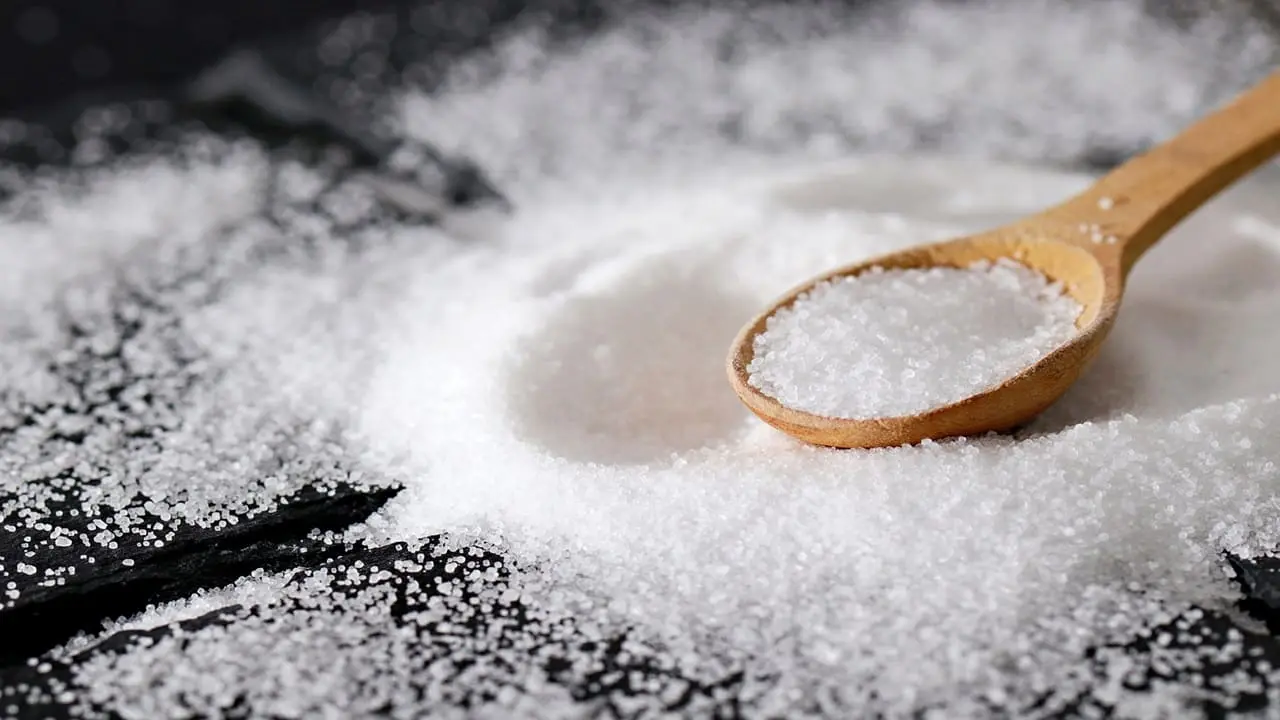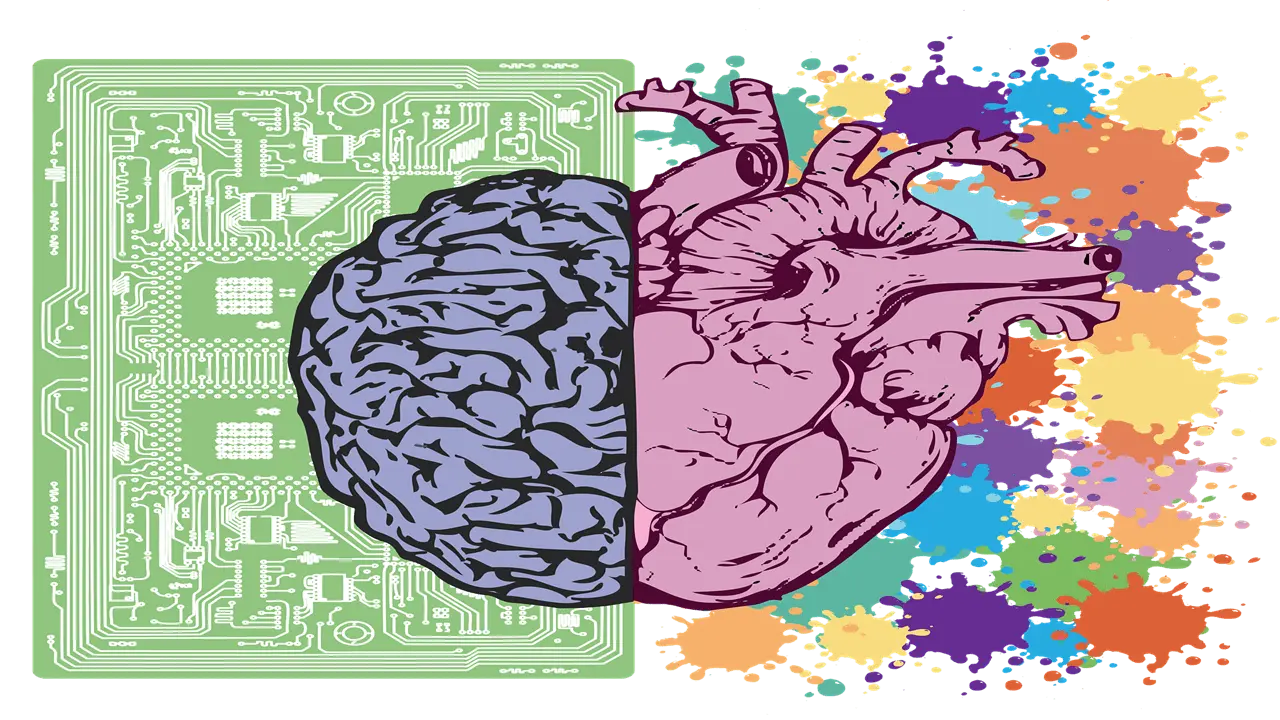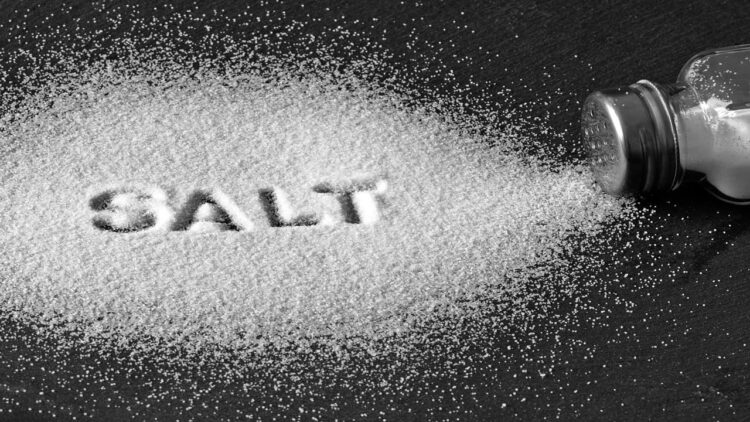The importance of salt reveals its crucial role in body function, as it is made up of sodium and chloride. It stays aware of the balance of fluids in our cells and tissues, which is essential for, as a rule, being. One primary occupation of salt is coordinating our heartbeat. Sodium, as in salt, helps our muscles and nerves work suitably. It similarly expects a section in sending nerve-main thrusts and muscle withdrawals. An overabundance of sodium can raise the circulatory strain, inciting ailments like brain sickness and stroke.
Importance Of Salt for Our Body.

Salt hinders drying out by holding water, crucial for osmosis, scattering, and everyday hydration. Salt participates in the maintenance of enhancements in our stomach-related organs. It helps ship supplements by cherishing glucose and amino acids into our cells, which can be used for energy and advancement. While salt is crucial for our prosperity, It is also essential for our body with some restraint. An unnecessary measure of salt can incite clinical issues, including hypertension, coronary disease, and kidney issues.
Importance Of Salt
- Braced with iodine, Iodized salt is a significant dietary source of iodine. Iodine is fundamental for thyroid capability and the creation of thyroid chemicals essential in digestion, development, and improvement.
- While excessive salt intake can contribute to hypertension, salt is fundamental for maintaining solid pulse levels. It manages blood volume and strain by impacting liquid balance and vein capability.
- Importance Of Salt for muscle contraction and relaxation. It manages the development of calcium particles inside muscle cells, which is fundamental for muscle capability and coordination.

Read also: 5 Best Aerobic Exercises to Reduce Belly Fat!
- Sodium, a part of salt, is fundamental for sending nerve motivations all through the body. It works with correspondence between nerve cells, considering tactile discernment, muscle development, and other neurological capabilities.
- The importance of salt intake can add to hypertension, but it is also essential for maintaining healthy blood pressure. It directs blood volume and strain by impacting liquid balance and vein capability.
Health benefits of Salt
Wound Healing:
Because of its antimicrobial properties, salt can be used topically for wound cleaning and recovery. Salt helps prevent advances in the recovery system by cleansing the injury and reducing the improvement of tiny living beings.
Respiratory Health:
Salt treatment, like salt consumption, may help lighten respiratory issues like asthma and bronchitis. The inhalation of salt particles is accepted to lessen inflammation and clear bodily fluid development in the aviation routes, working on breathing and respiratory capability.
Enhanced Taste:
The health benefits of Salt are enhanced the kind of food, making it more satisfactory and pleasant. By upgrading taste perception, salt empowers the utilization of supplement-rich food varieties, adding to a decent and different diet.

Hydration:
Salt controls liquid balance by permitting cells to hold water, helping with hydration and preventing drying out. This ensures the body’s cells have sufficient water to work appropriately, supporting general well-being and prosperity.
Food Preservatives:
Salt has been utilized for quite a long time as a preservative additive to repress the development of microscopic organisms, growths, and different microorganisms in food. This helps to prevent the shelf life and freshness of the food.
Side effects of eating too much Salt
Stomach Cancer:
It has been found that eating too much salt is a connection between high salt admission and an expanded risk of stomach cancer. Consuming a lot of salt can bother the stomach lining and may improve gastric ulcers and other gastrointestinal issues.
Kidney issue:
The kidneys play a critical part in controlling the body’s salt balance. Consuming a lot of salt can overburden the kidneys, prompting kidney harm or brokenness over the long haul. This can increase the risk of kidney sickness and other related medical issues.

Heart Disease and Stroke:
High Blood Pressure is one of the side effects of eating too much salt, which is a significant risk factor for heart illness and stroke. Over time, high blood pressure can harm arteries, prompting atherosclerosis (solidifying and limiting conduits), which can cause side effects from eating too much salt.
High Blood Pressure: Excessive salt consumption is a primary high blood pressure (hypertension) source. Salt contains sodium, and our bodies hold water when we drink excess sodium. This additional liquid increments blood volume and comes down on veins, prompting worse hypertension.
Osteoporosis:
A high-salt eating regimen might expand the calcium deficiency in urine, weaken bones over time, and possibly lead to osteoporosis, a condition described by delicate and fragile bones.

Salt plays a fundamental part in maintaining ideal well-being and health. From controlling electrolyte balance and liquid levels to supporting nerve capability and supplement retention, salt is essential for different physiological cycles inside the body. By understanding the significance of salt and integrating it into a fair diet and way of life, people can uphold their well-being and prosperity long into the future.
To get more of our exclusive content on Health Care and Lifestyle. Follow us on YouTube and Instagram.






